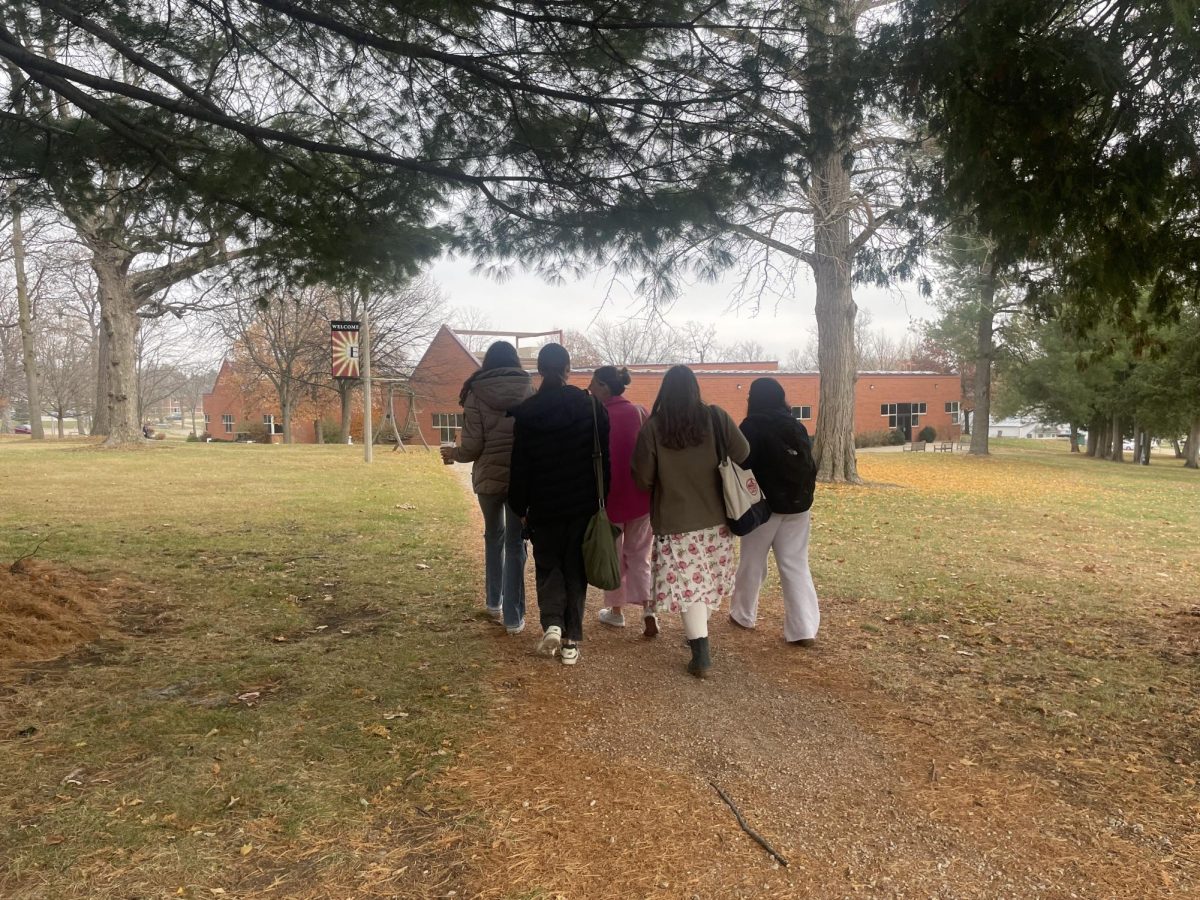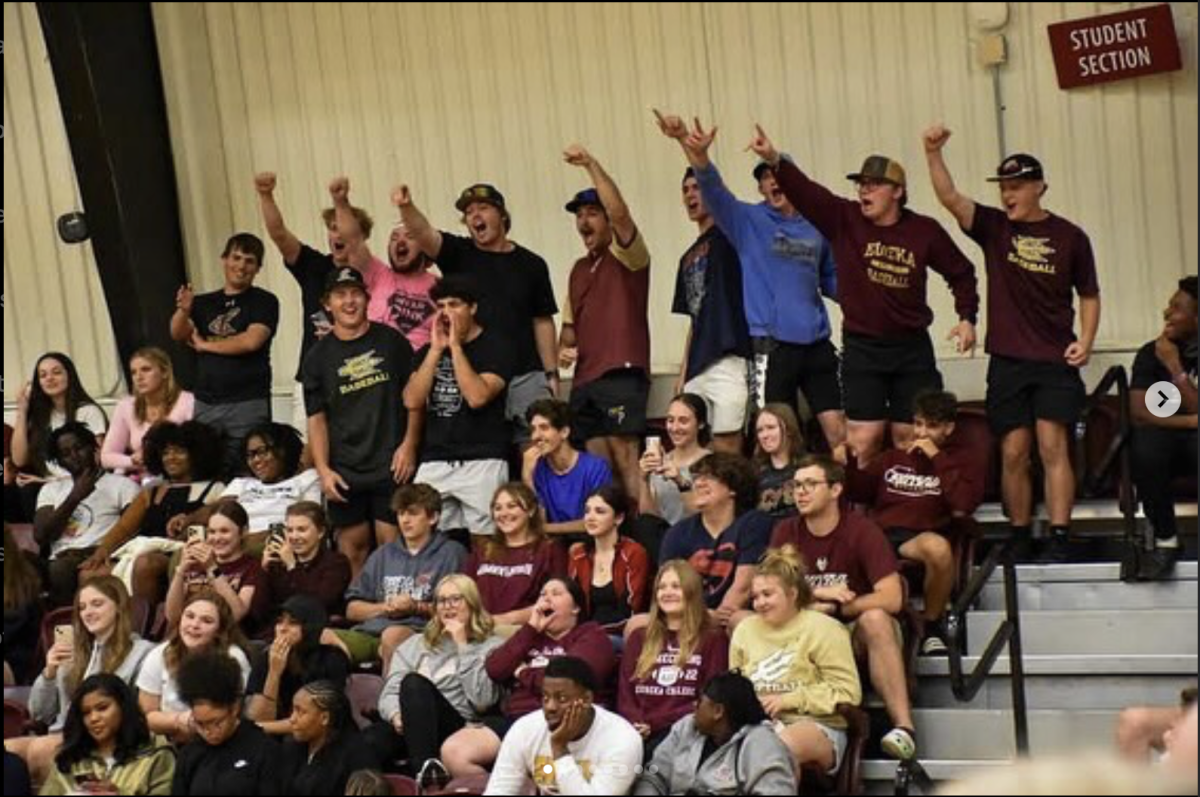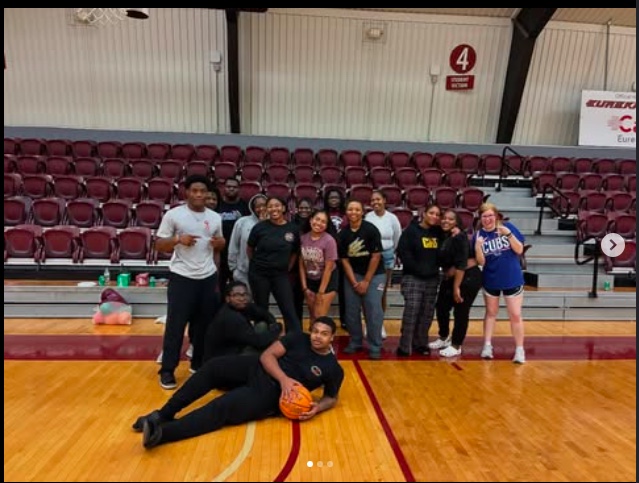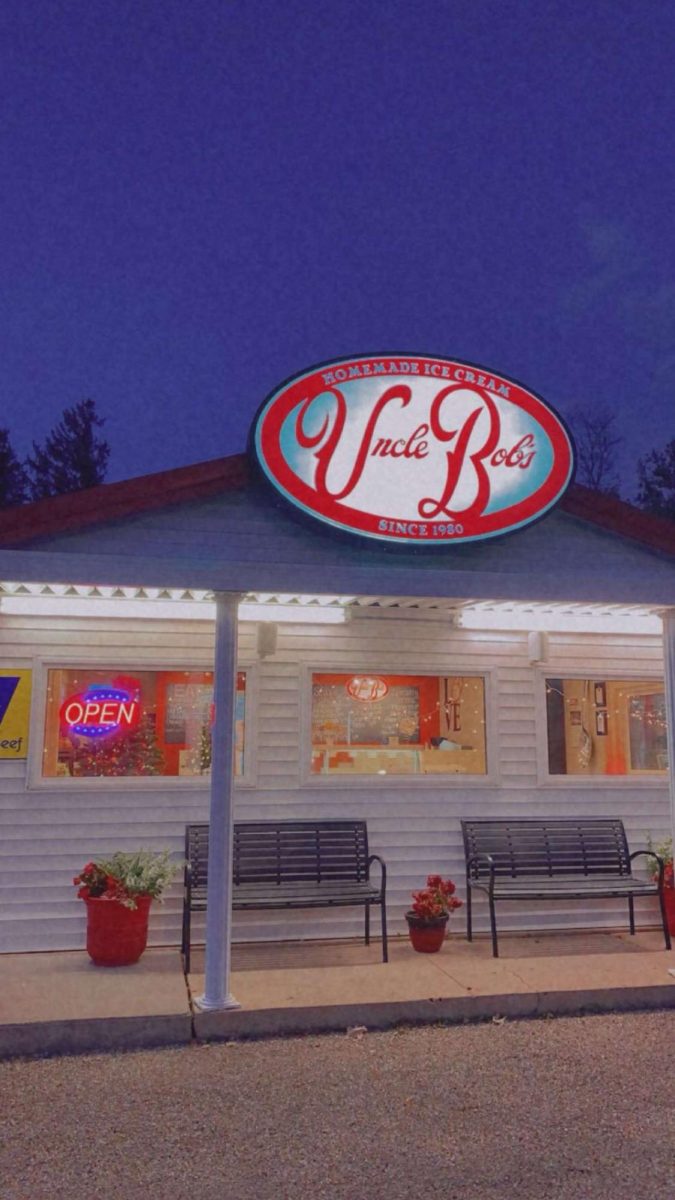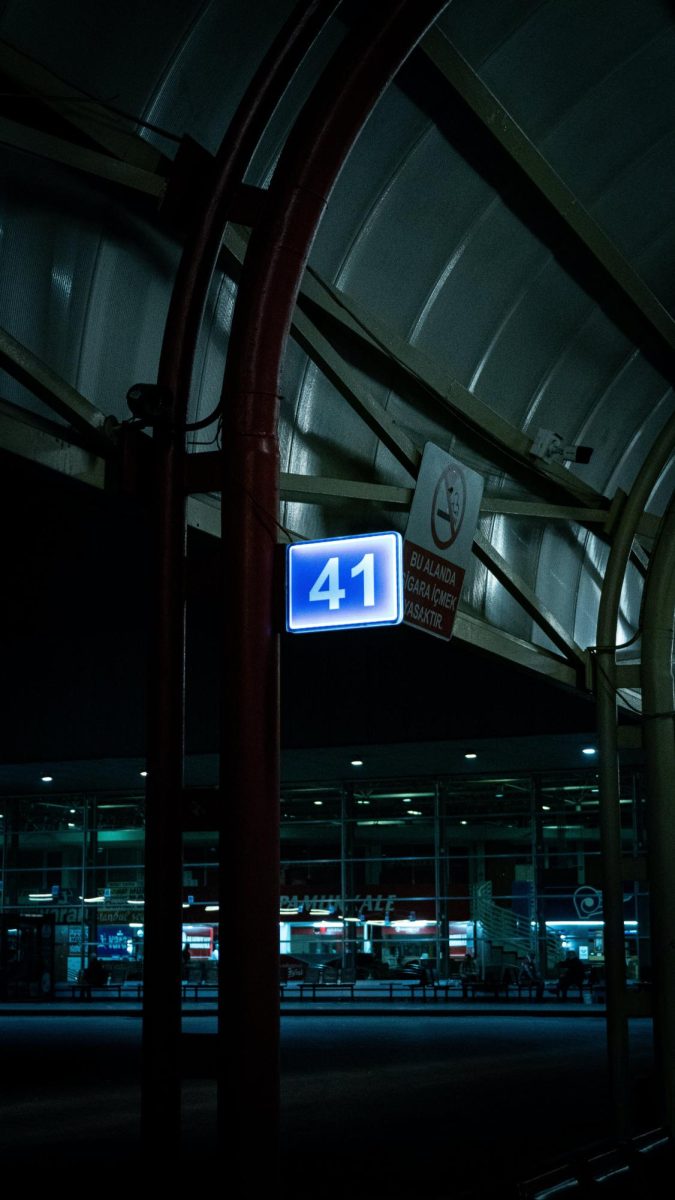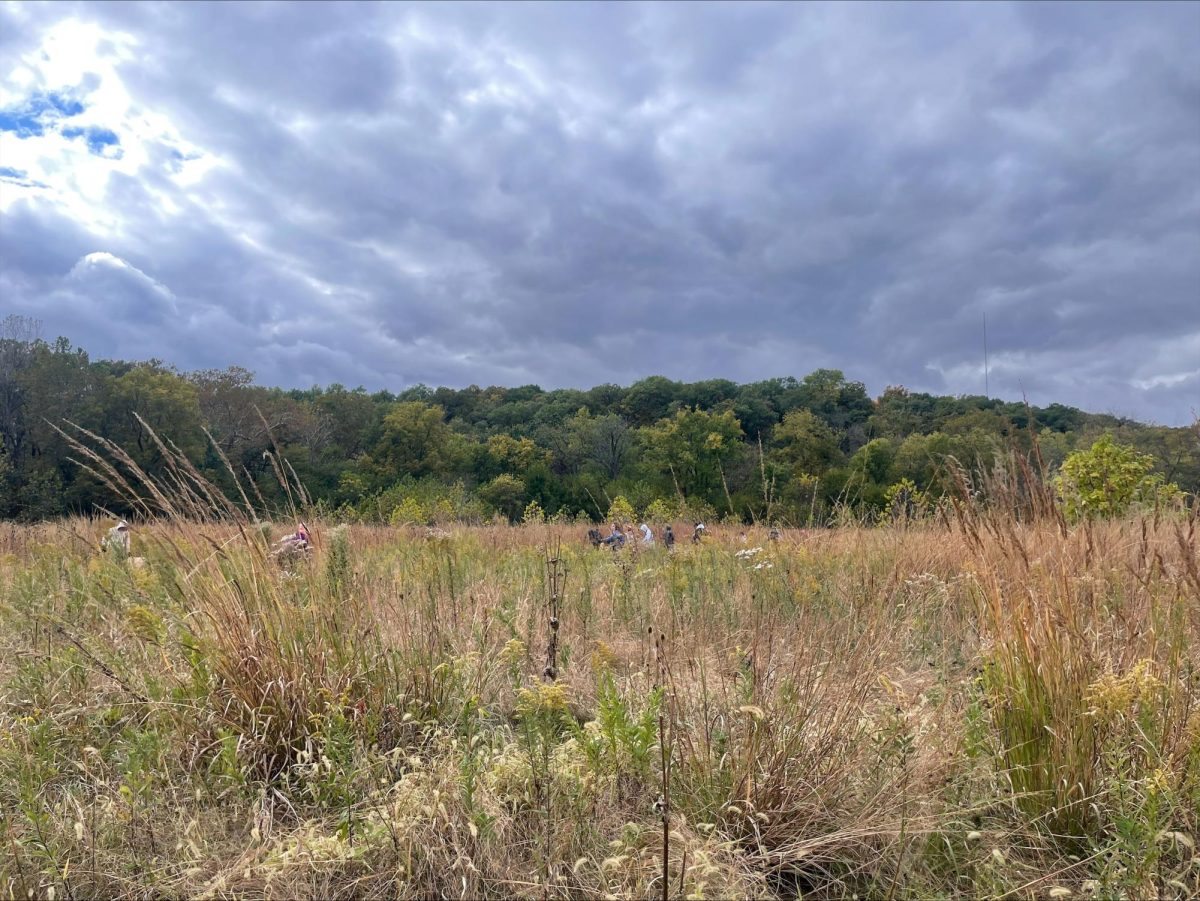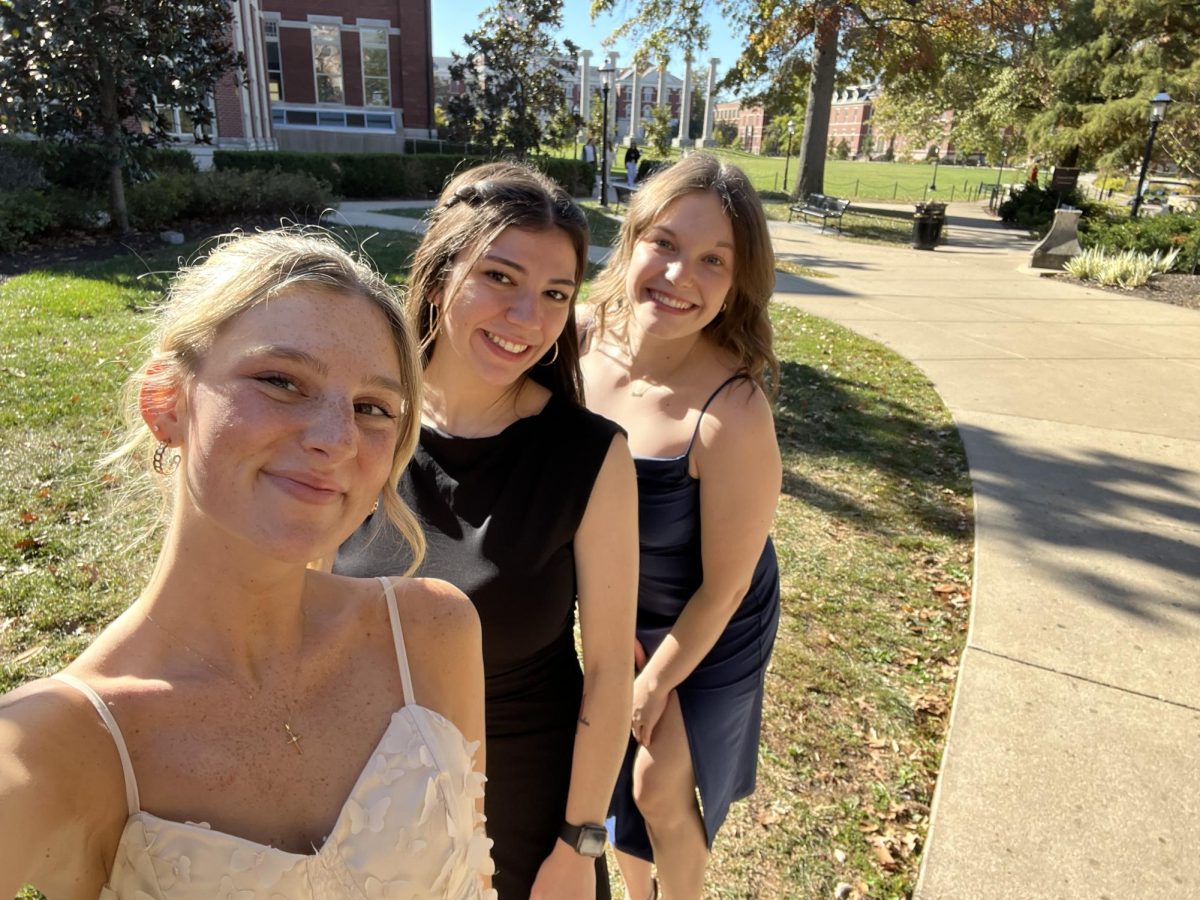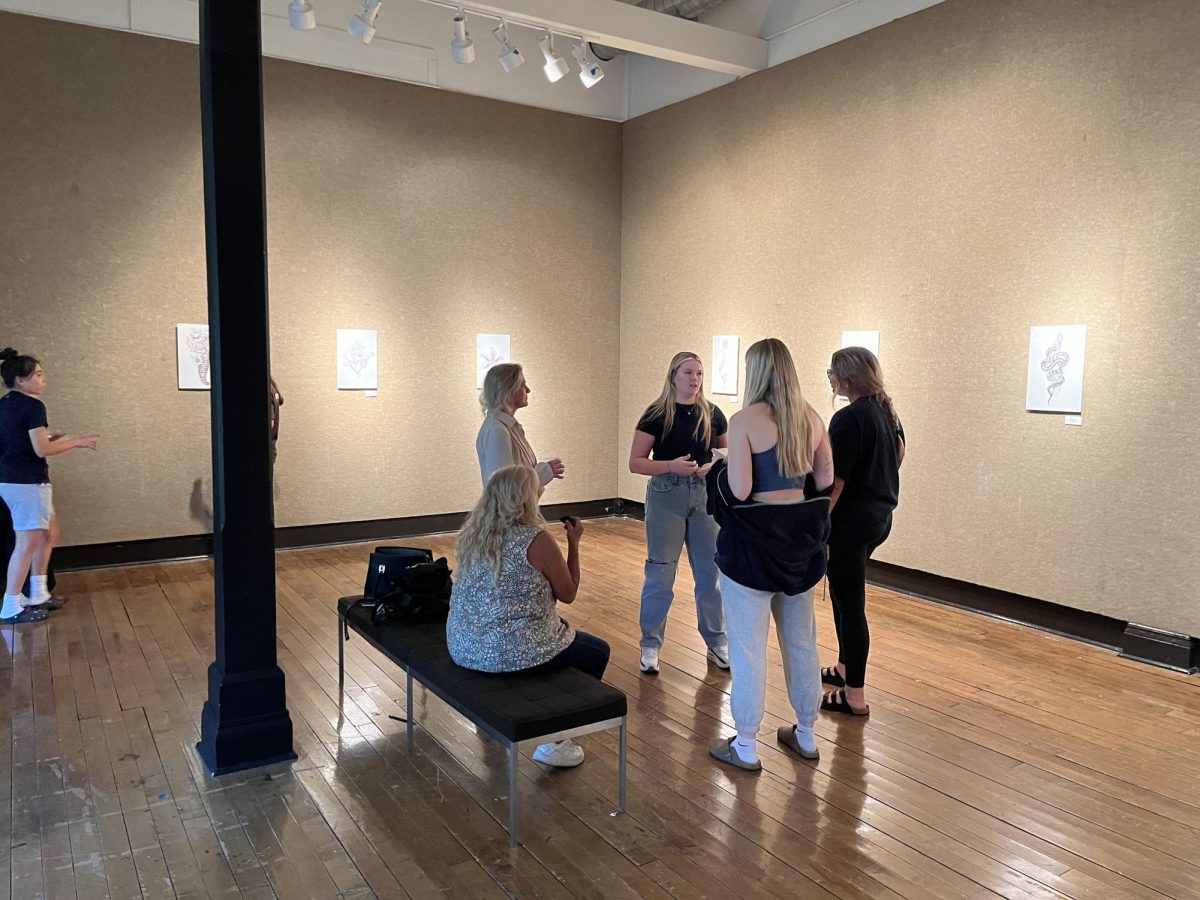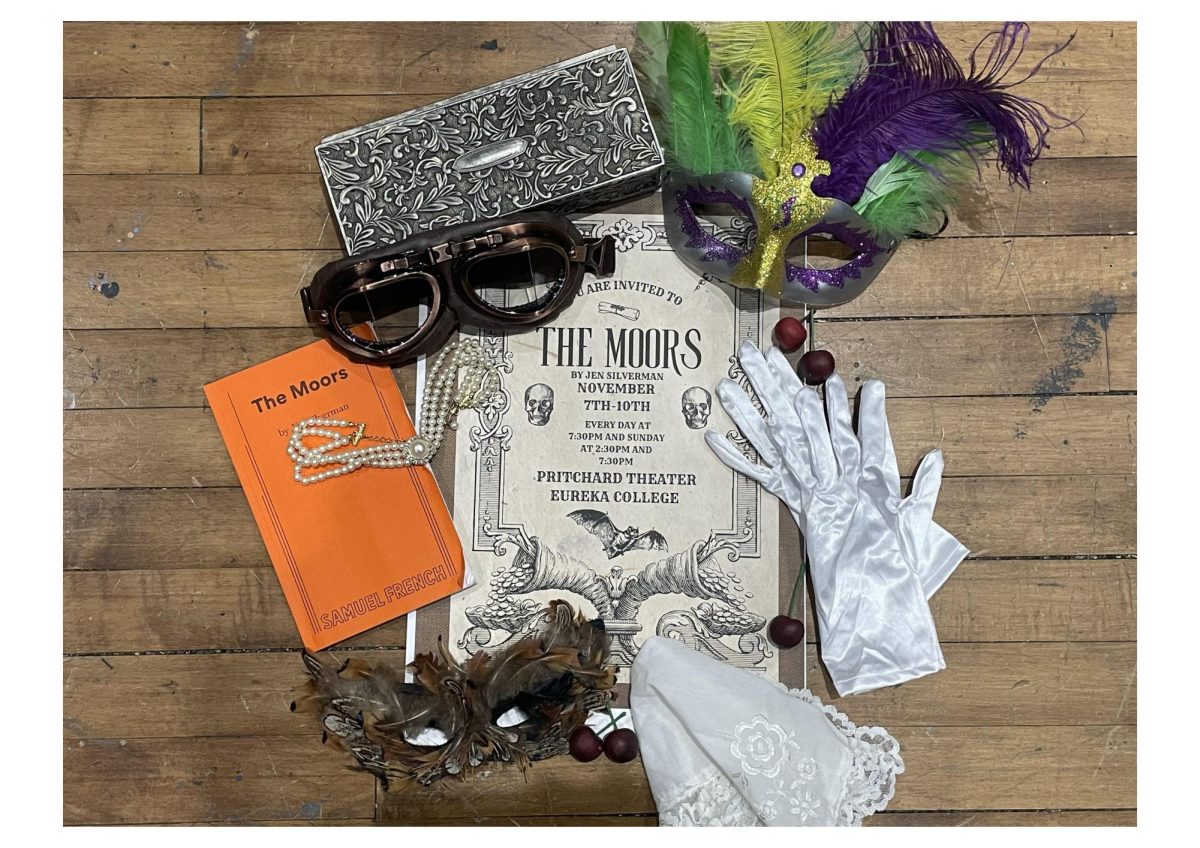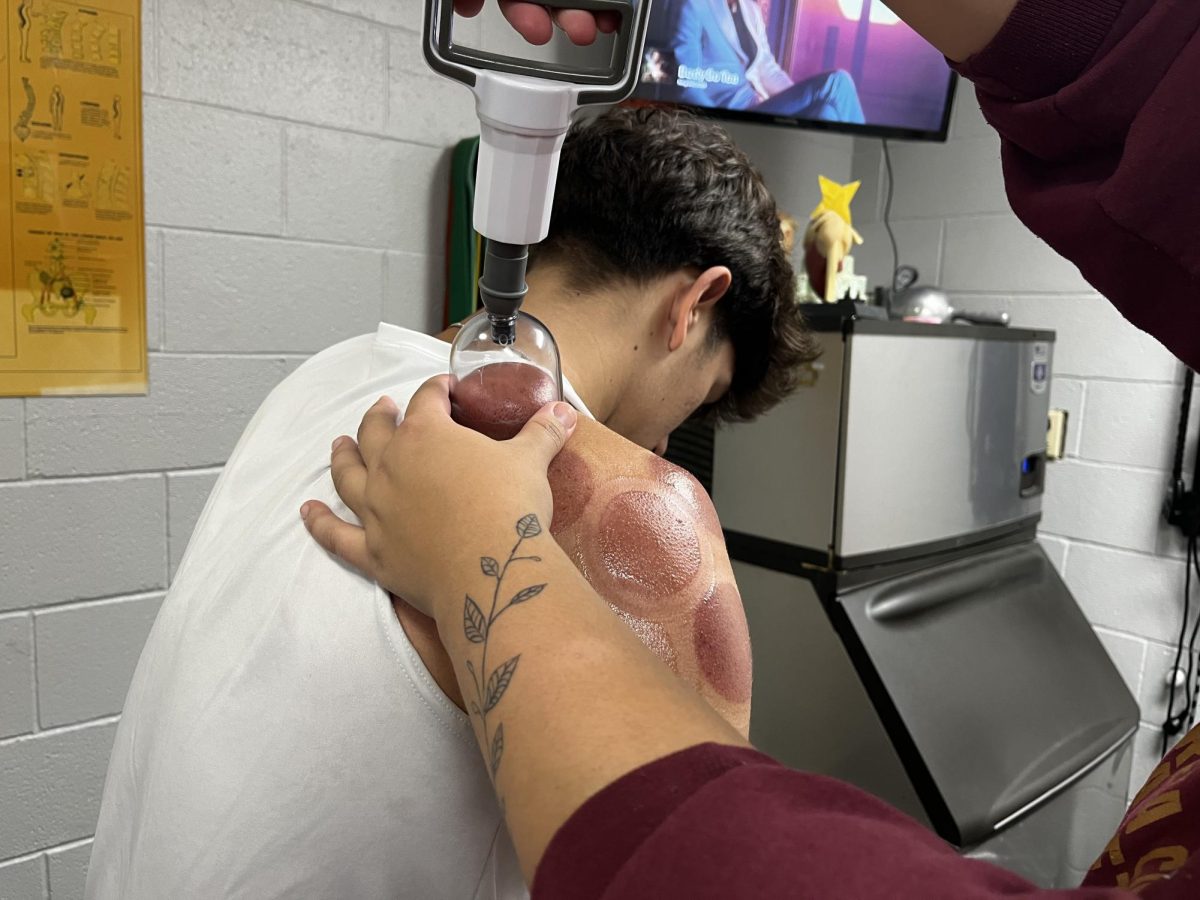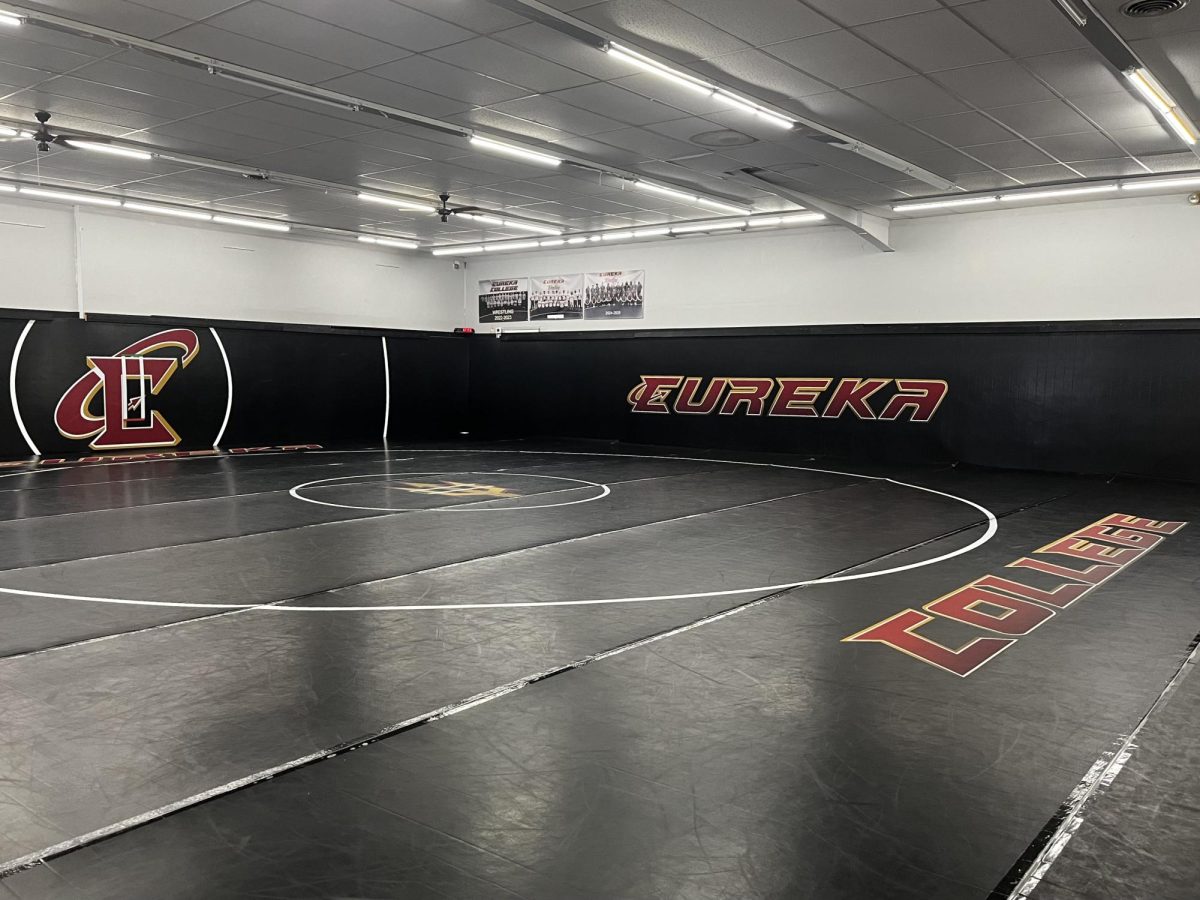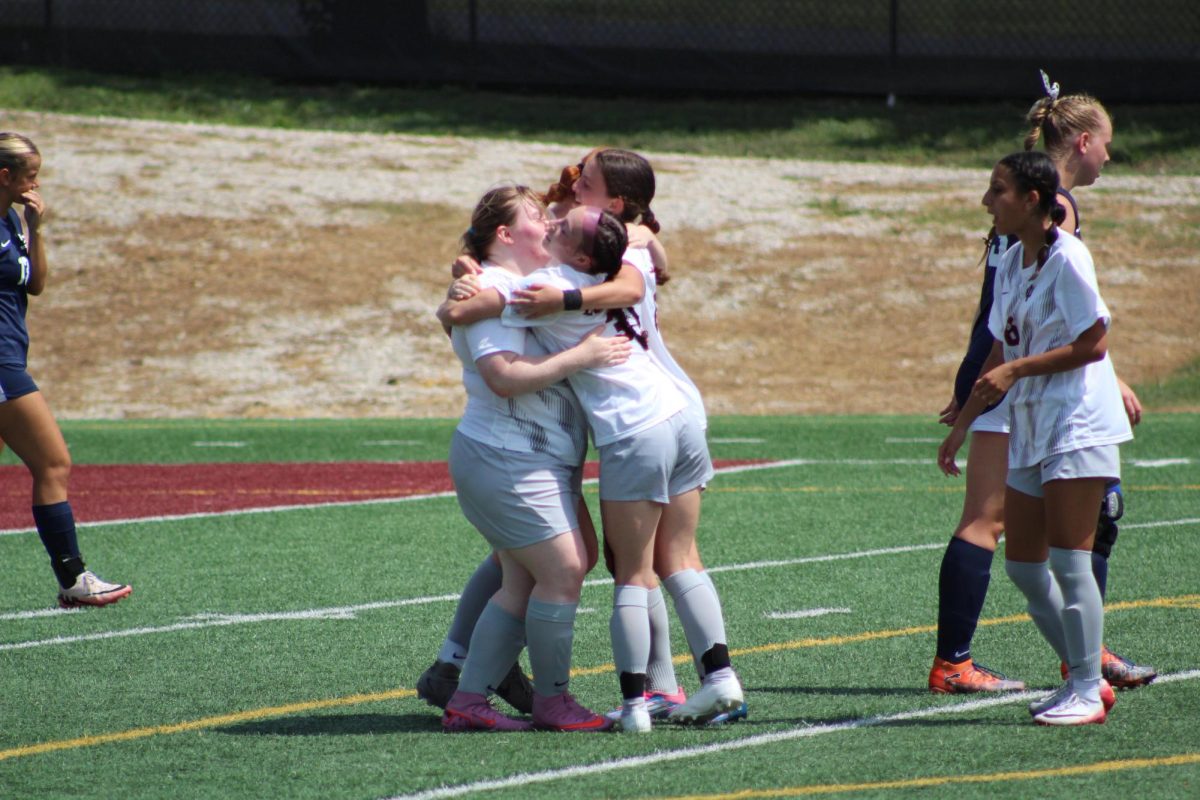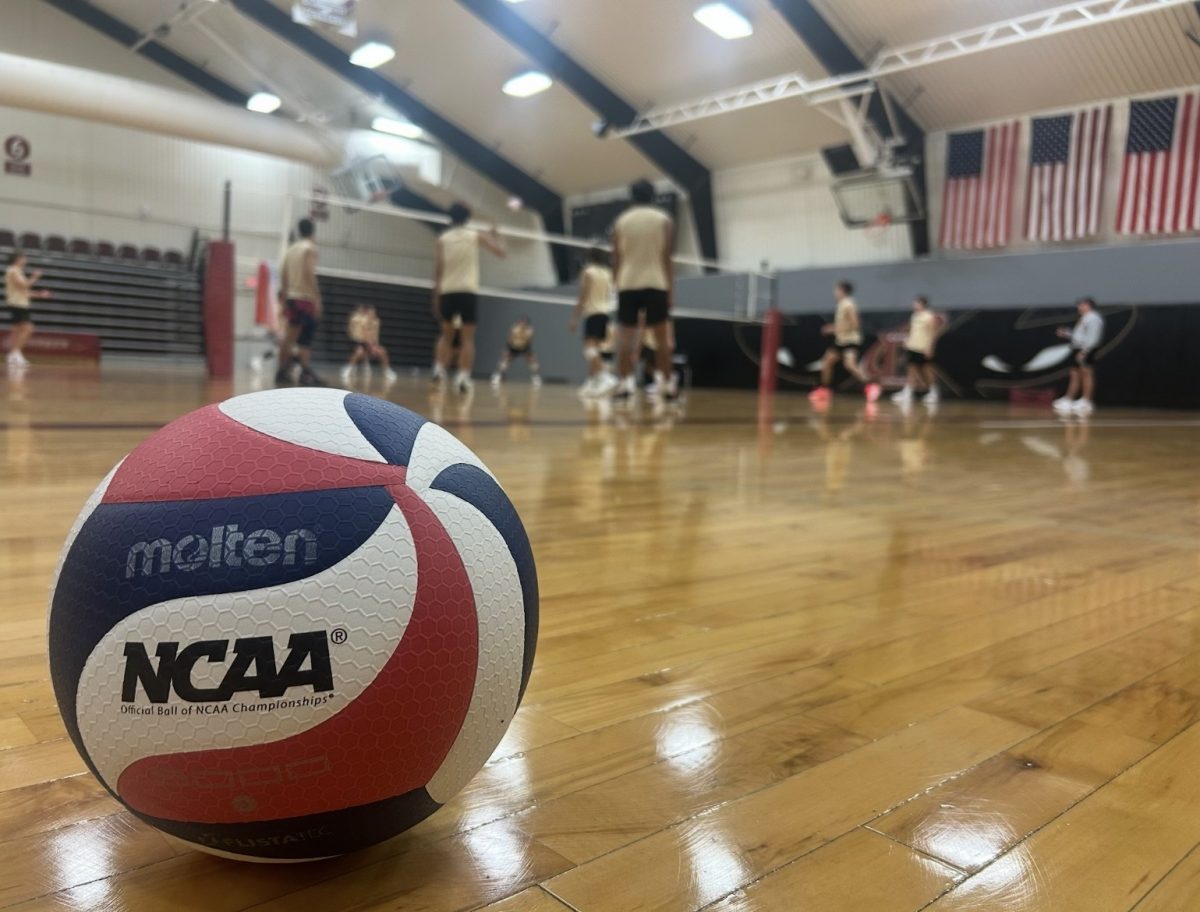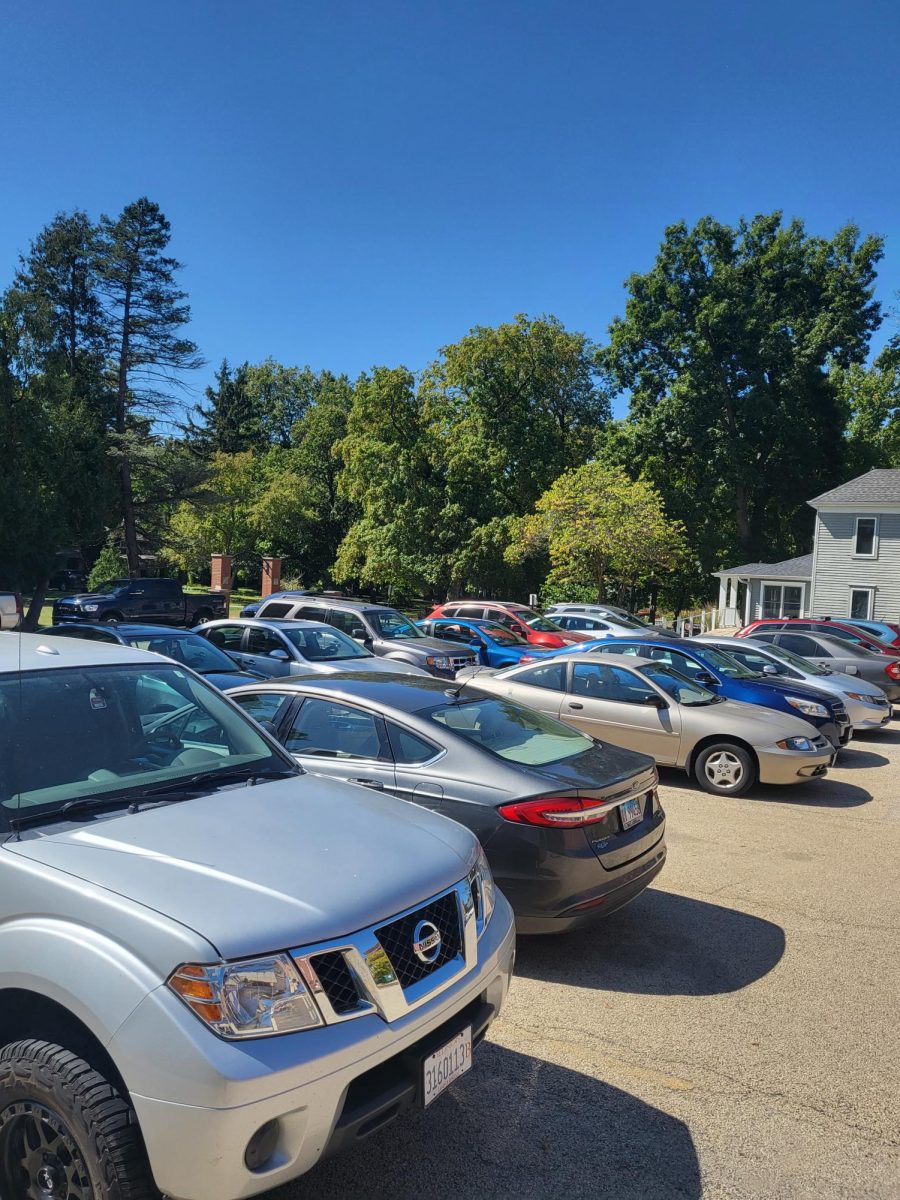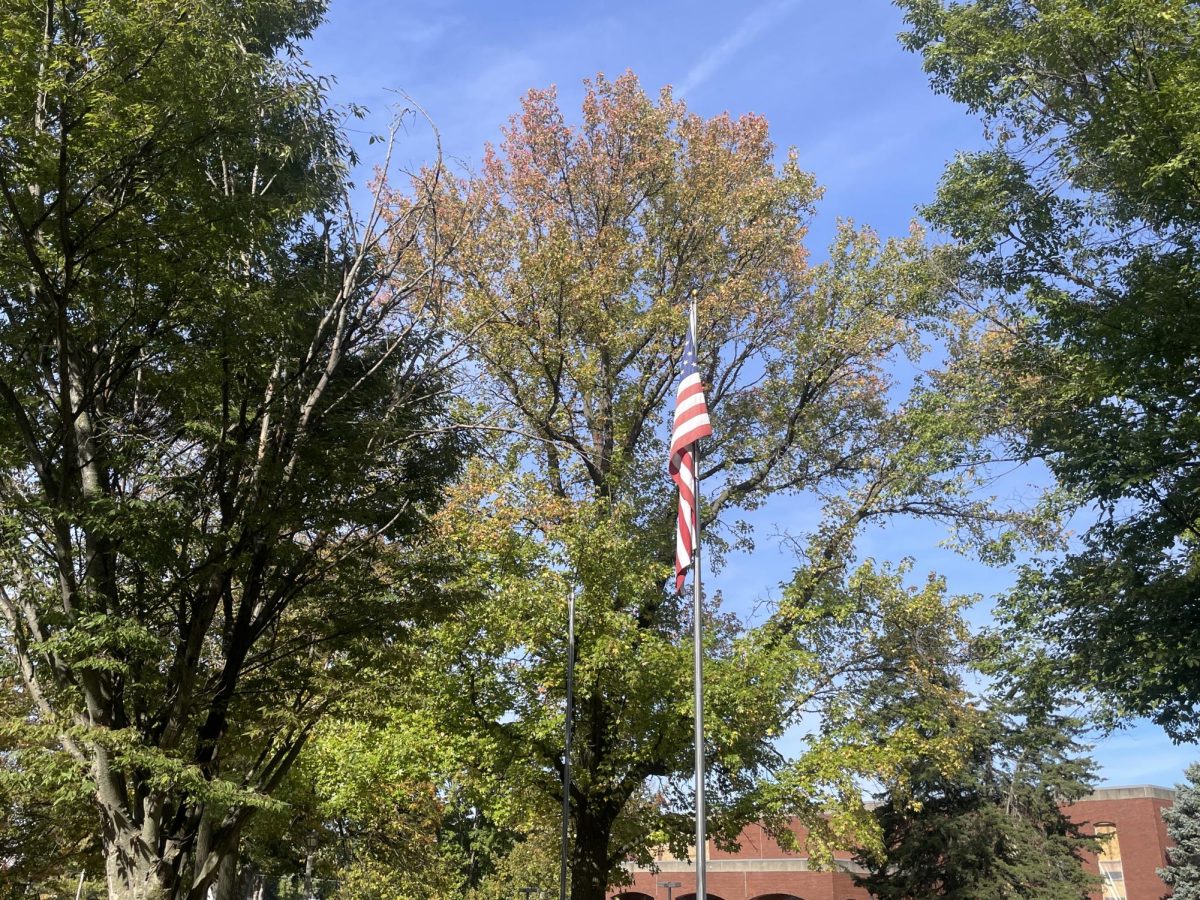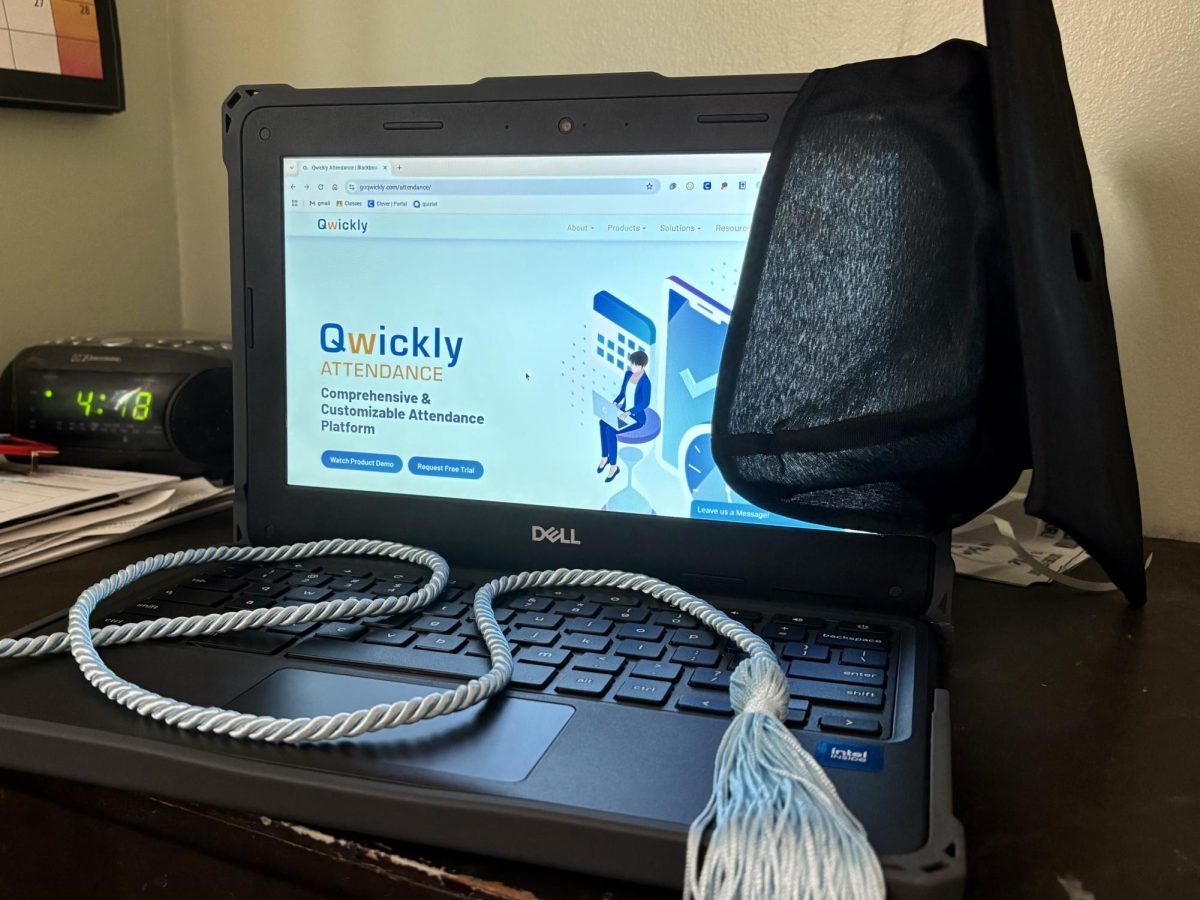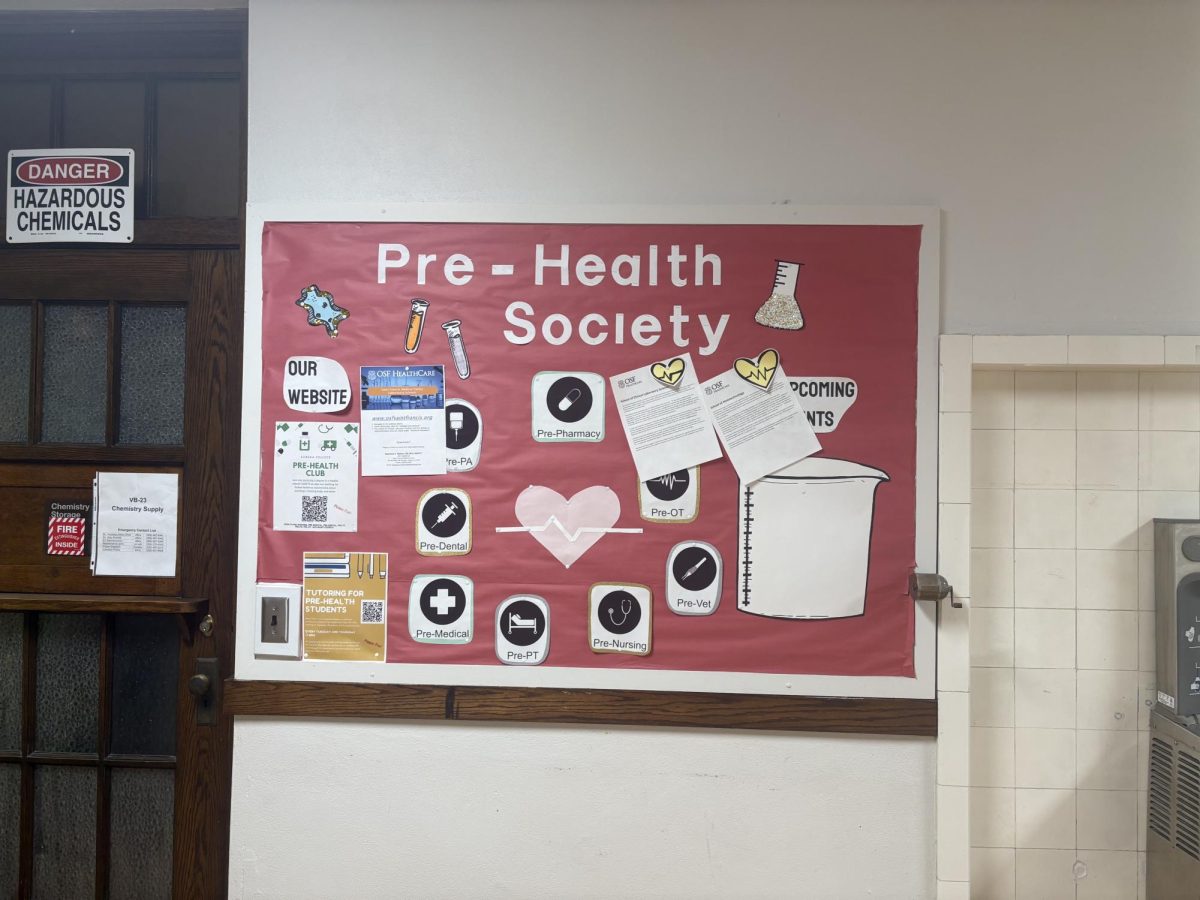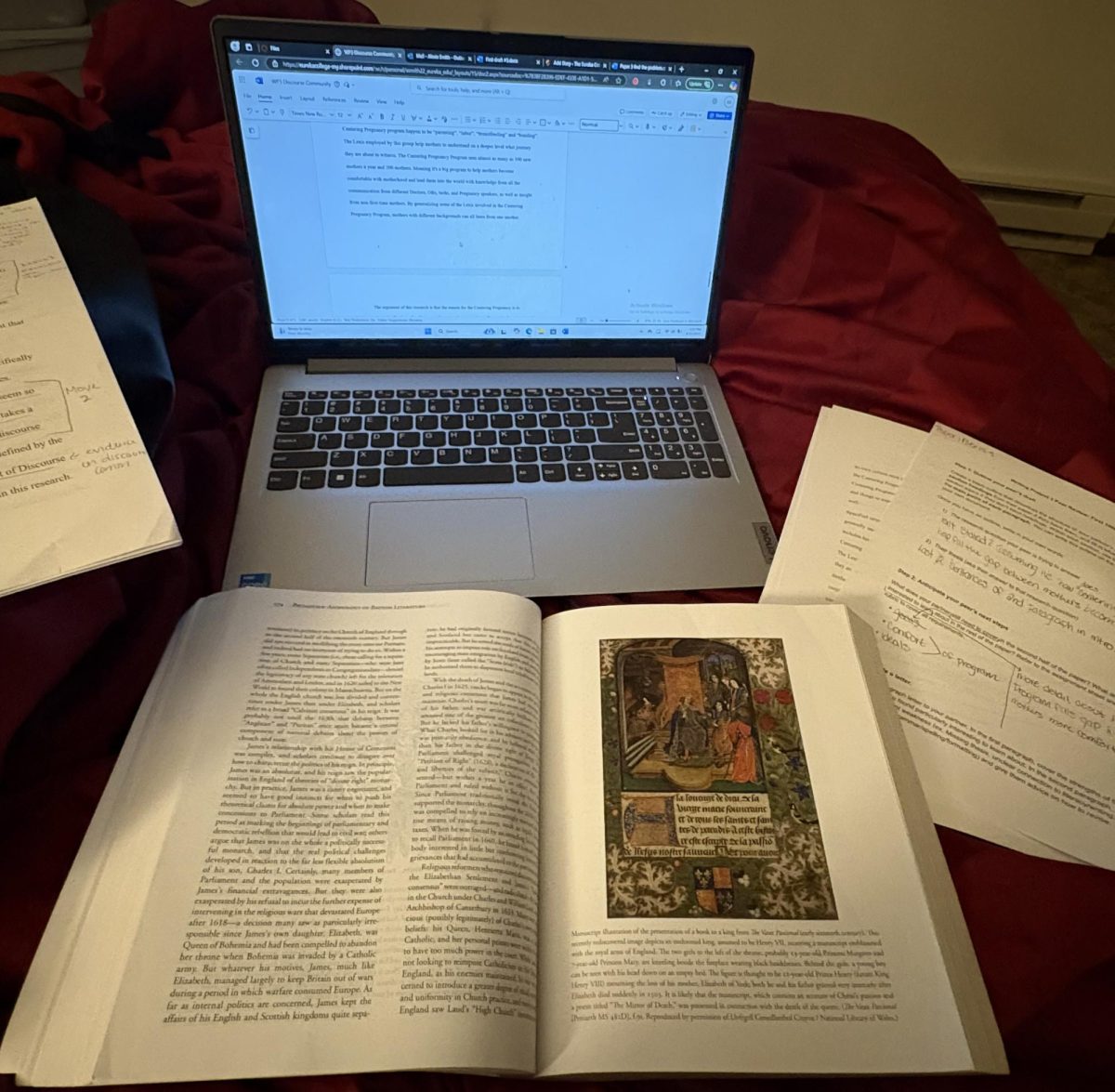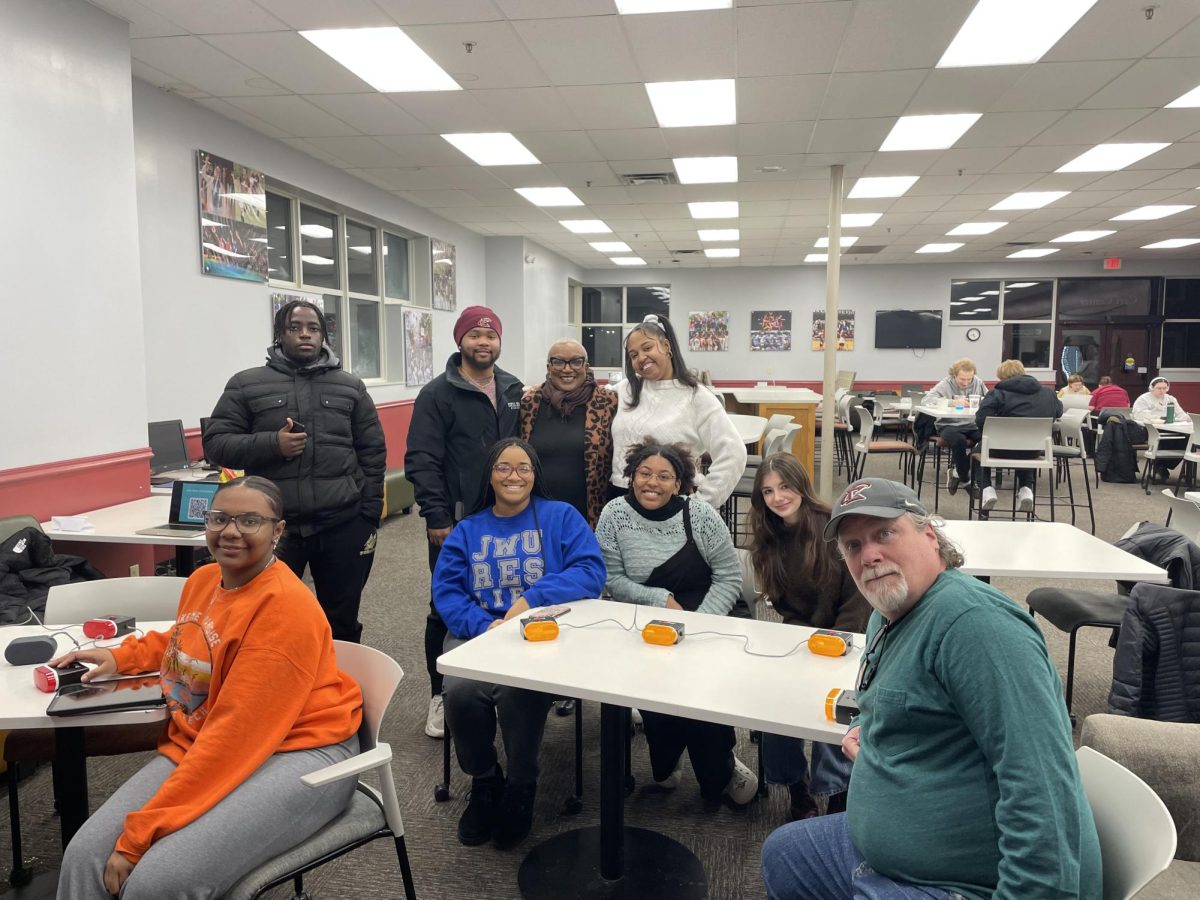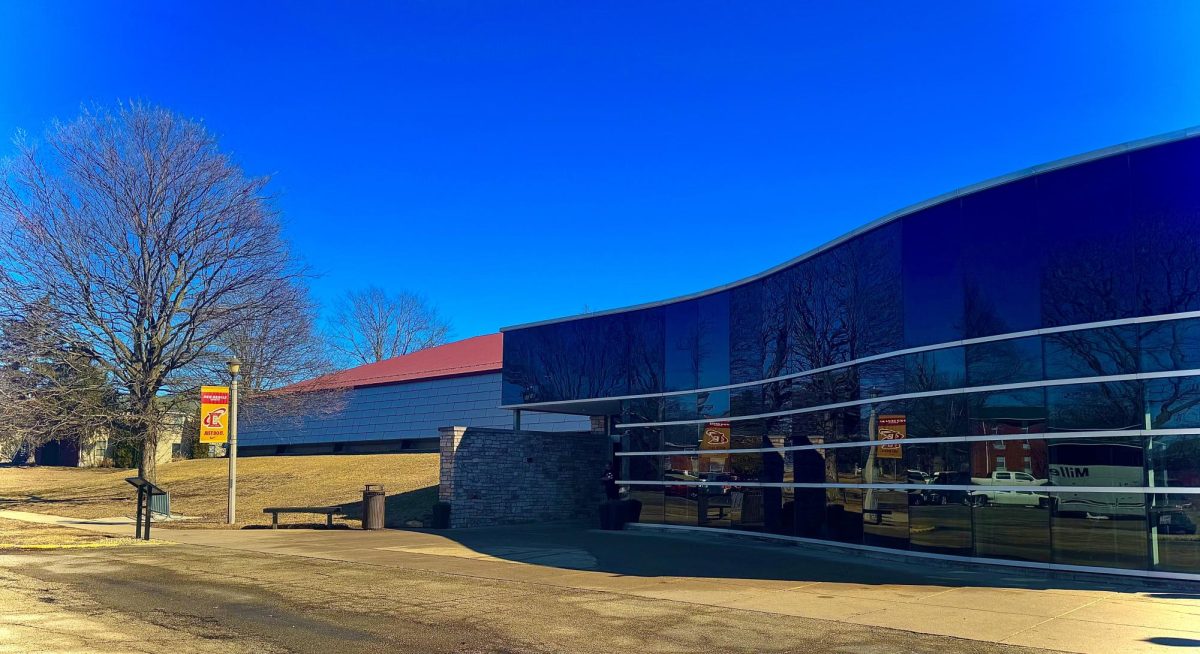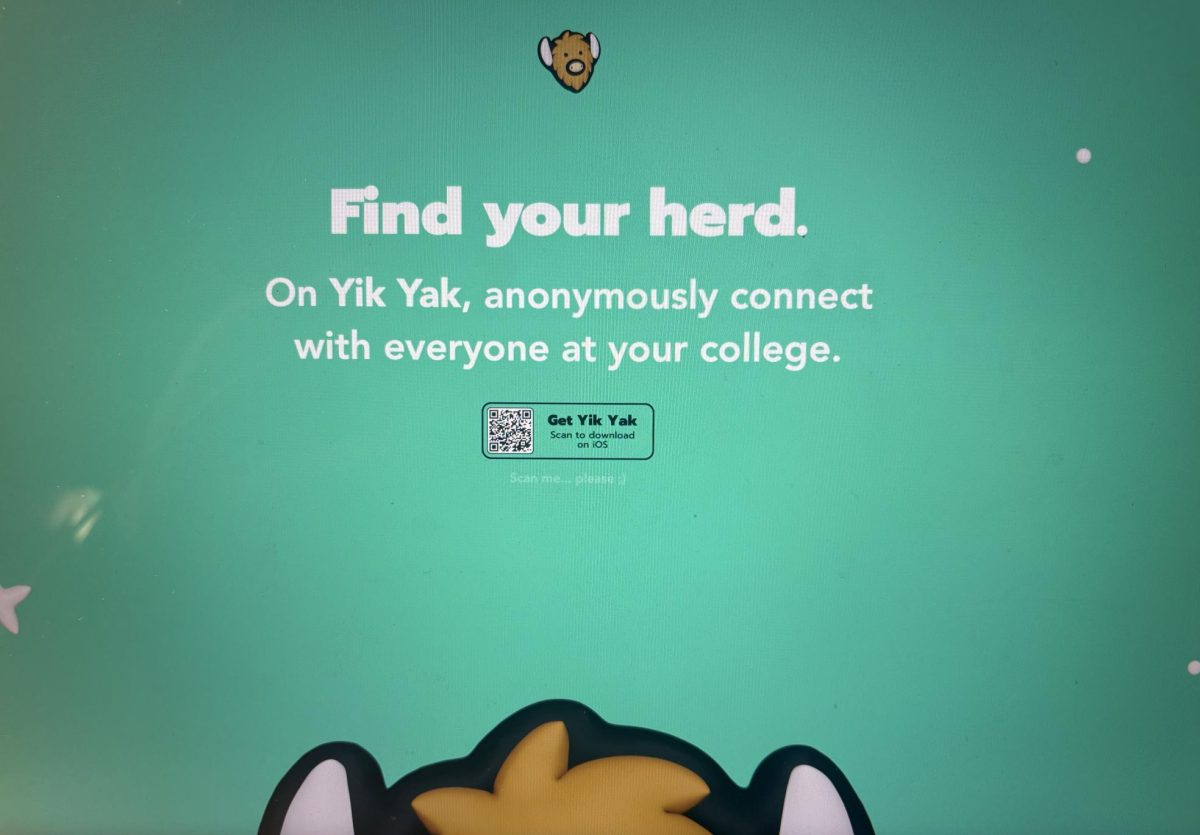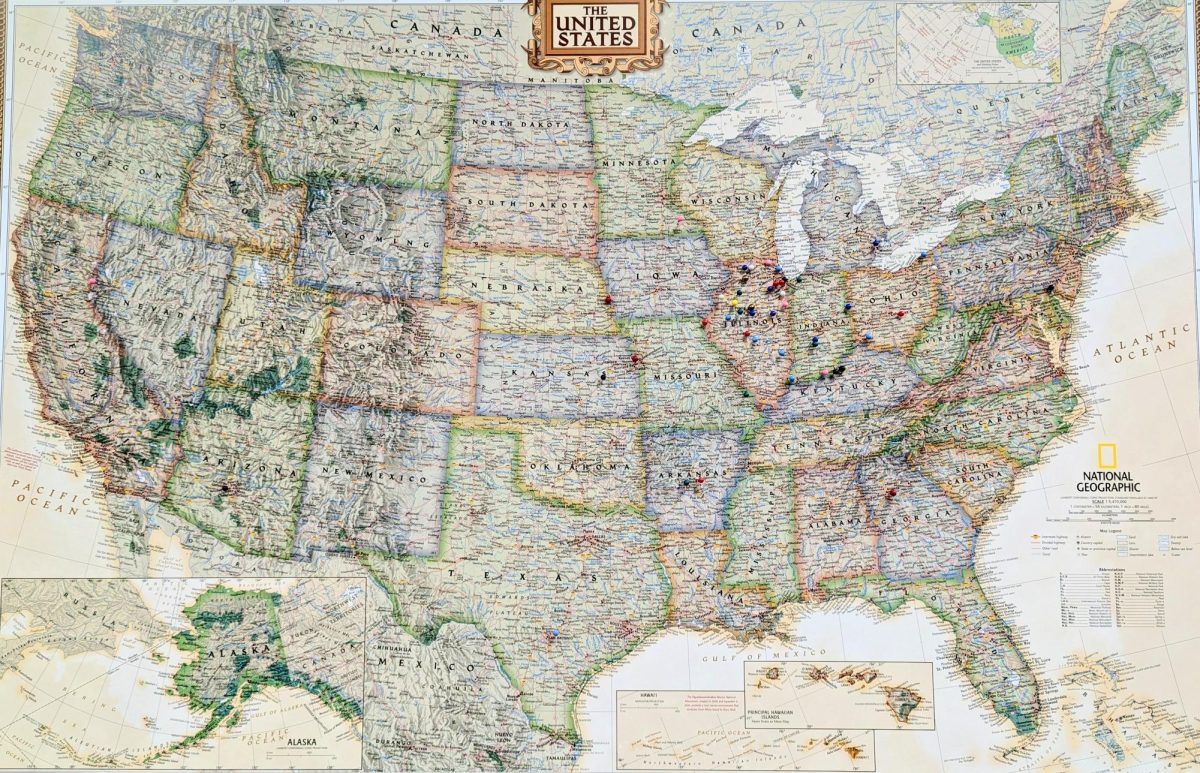Commuter is a title given to students who live off campus while attending school. Like many other schools, Eureka College has its fair share of commuters. It can be challenging being a commuter, which in some parts can be caused by the school itself.
According to the Eureka website, 67.26% of students attending Eureka College are residential students, while 32.74% are commuters. With such a good portion of students at Eureka being commuters, the school offers very few amenities. Other than parking, the school has yet to address any other challenges that come along with commuting.
Non-residential students are offered parking passes that allow them to park almost anywhere on campus. Still, the areas they are allowed access to are also shared by many other people. Many times, even with the parking passes, commuters are left with few parking places.
Students were asked how parking on campus affect their day-to-day life?
“Oh, I always have a hard time finding a parking spot. I’ve actually gotten two tickets because I’ve had to park in weird places,” non-residential Eureka college student Briaunna Tanksley said.
Briaunna’s experiences show how limited the parking is for commuters. The problem comes from the fact that the parking spaces offered to commuting students are shared by residential students and faculty as well.
Along with limited parking, a significant challenge for non-residential commuters is the need to feel represented by the school. Many other schools have a commuter representative or ambassador. This representative would offer advice and give commuters a form of representation on campus.
Non-residential students at Eureka are currently not given any form of representation, which leads to them feeling disconnected unrepresented on campus. Problems such as these happen at many other schools. Commuter students of Eureka were asked if they felt connected to Eureka.
“No, I feel like I only come here for class, and then I leave,” local Eureka college student Tyler Wehrli said.
With no representation on campus, commuters feel disassociated and miss out on an essential part of college life. One of the most crucial aspects of college life is the bonds and connections students make with one another.
Students who commute often have difficulty connecting with their peers, especially when they do not feel connected to the school. Students who live together on campus have an easier time making bonds and connections with each other because they get to socialize outside of the school setting.
One way commuters have had better luck making connections with other students is by playing a sport or club on campus. Briaunna Tanksley explained that if not for softball, she would hardly know anyone from school.
As sports and clubs help commuters connect on campus, it is only sometimes a viable option. Many after-school activities are done later in the day after classes.
The problem with the activities being done later in the day leaves commuters with a problematic amount of time. This awkward amount of time refers to when commuters don’t have enough time to drive all the way home but still have a decent amount of time to kill before their next class or spot begins.
Most of the time, commuters feel like they need their own space on campus.
“While I’m in school, my car becomes a second home to me,” Tyler Wehrli said.
Another way that Eureka makes commuters feel unrepresented is how they serve lunch in the commons. Only just this year has Eureka made meal plans available to both residential and non-residential students.
One of the main reasons Eureka college students are commuters is the cost of living on campus. Between mandatory lunch plans and $5,000 in housing costs, living on campus is not always a viable option.
While college students’ primary purpose for going to school is to receive an education, the social aspect is a close follow up. College is about making friends and learning new things about the person you want to be. For students like Tyler and Bri, they feel like being social on campus is an ongoing issue that they must endure.

